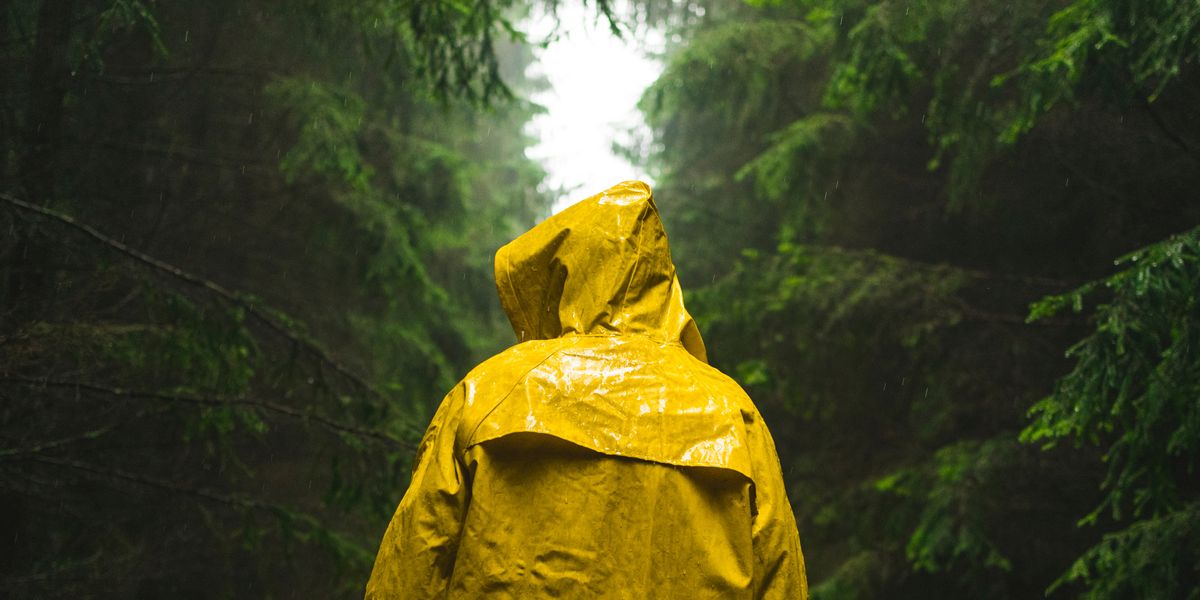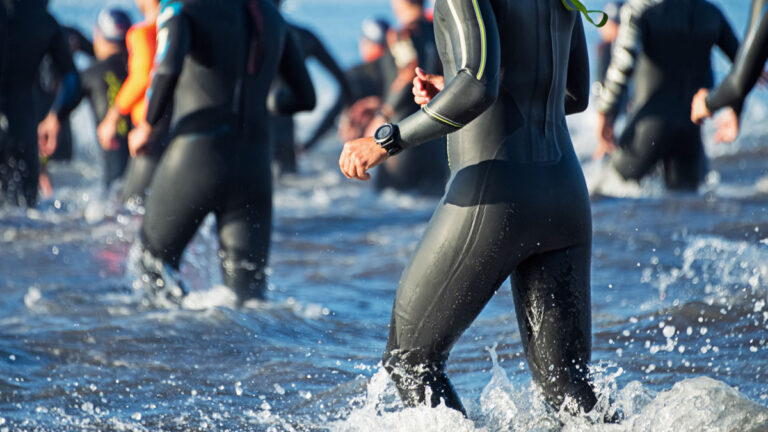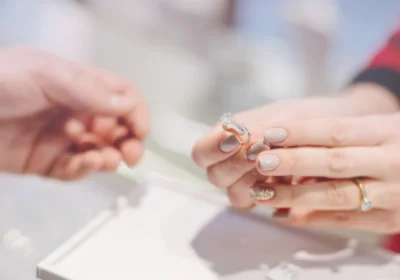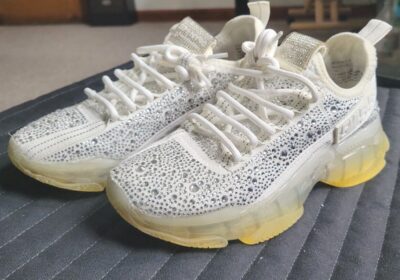
How Does Raincoats Keep Us Away from Getting Wet?
Whether singing in the rain, such as Genetics Kelly or you want to play guitar in a purple-tinted version of it like Prince, the best way to remain completely dry in a rainstorm is to use a raincoat. While raincoats have progressed in the 195 years considering that waterproof textile was initially trademarked, smart chemistry has always been vital to their success.
If you are looking to buy a Mens anorak, please visit the link.
The first raincoats transpired thanks to advancements in making rubber services. Today, high-end rainwear relies upon fluoropolymer products as well as innovative building and construction. Raincoats might have been a dangerous venture in the 1800s; however, in the 21st century, their sales are growing: The marketplace for waterproof-breathable fabrics could get to $2.18 billion in income by 2022, according to a record from marketing research firm Global Market Insights. Health-conscious customers are driving a lot of the market’s growth as they bike, run, as well as a trek in all kinds of climates.
The wet weather in his native Scotland is what likely influenced drug store Charles Macintosh, the male most typically credited with developing the modern-day raincoat. The requirement is the mother of development, after all. In the U.K., raincoats still are known as mackintoshes, and it includes k mysteriously.
Before Macintosh, innovators had been pursuing waterproofing fabric with a layer of rubber by dissolving it in a solvent as well as spreading it on the material. Yet these textiles often tended to be sticky. Macintosh’s fantastic concept to stay clear of the dampness was merely to push two sheets of material along with the rubber sandwiched in between them.
Macintosh patented the invention in 1823. At the time, he was using coal tar naphtha, a hydrocarbon waste item from the conversion of coal to streetlamp gas as a solvent for the rubber. He spread out the resulting goo in the middle of the fabric’s two sheets. However, the water-resistant setting up scented terrible as well as tended to thaw in hot weather. These disadvantages prevented most consumers, yet substantial and constant need from the armed forces as well as merchant navy-maintained Macintosh’s waterproof-fabric service afloat.






